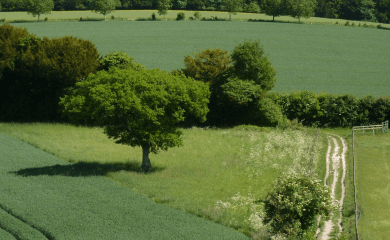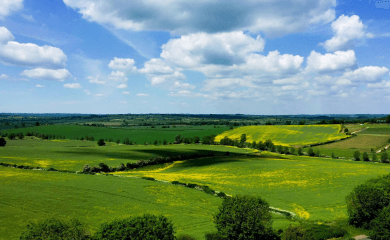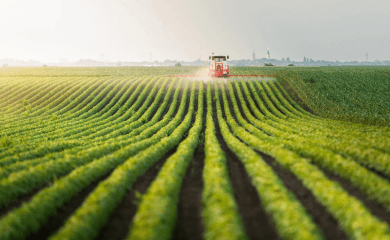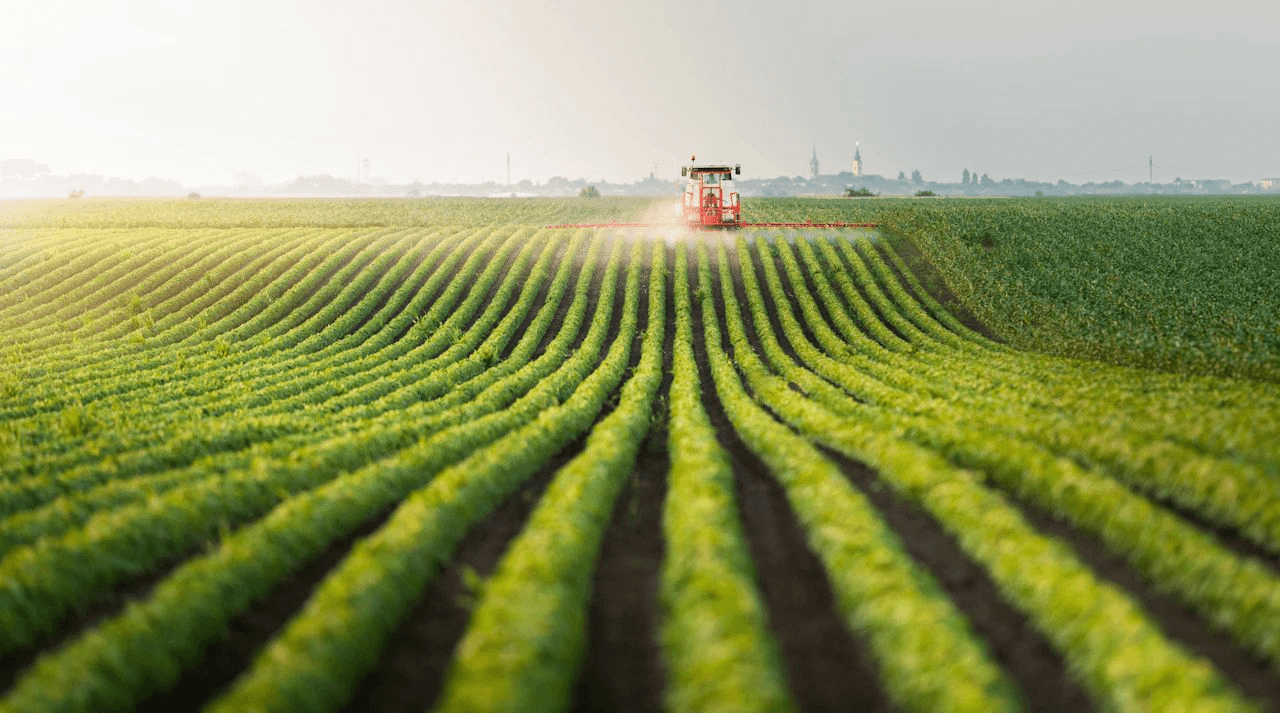
Environmental Social Governance

Net Zero is a commitment that all countries within the United Nations have agreed upon, in order to achieve a net zero carbon system by 2050. This is so that we can cut our harmful emissions and replace current systems with more sustainable solutions.
Introduction
Environmental
Social
Governance
We believe that the biggest driver of change is in human habit and human action, and by establishing firm foundations rooted in the need for change, based on our food system, we can influence and help drive a positive redevelopment of the broken system.
The changes begin with soil, and soil health ~ and understanding that the soil microbiome is closely linked with our own, and that if we continue with unsustainable farming practices, we will continue to degrade our public and planetary health.
Our very existence is formed upon the basis of achieving total environmental restoration, total social inclusion and support in our communities together with upholding a 100% record in our company objectives driven by a responsibility for sustainability and net zero food system. Or ESG..
ESG is the acronym used for Environmental, Social, and (Corporate) Governance. These three areas are key factors when measuring the sustainability and ethical impact of a company’s operations. At Net Zero Foods, we produce an annual sustainability report in order to demonstrate to our governments, consumers, and our potential investors, in order to demonstrate our commitment to our goals.
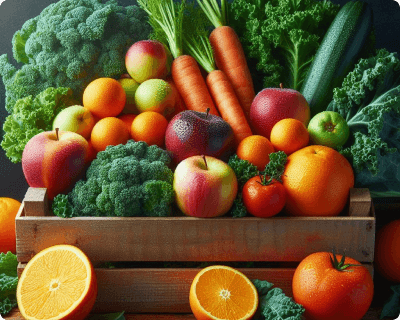
Social
Social criteria examines how people are treated by our business, and focuses on:
- Equal opportunities
- Health and safety
- Human rights
- Customer and product responsibility
- Modern slavery and child labour
Governance
Governance criteria explores how our corporation polices itself and how it is governed, including:
- Compliance
- Management diversity and structure
- Business ethics
- Shareholder democracy
- Corruption and bribery
- Donations and political lobbying emissions
- Local communities
- Deforestation
- Animal welfare
- Waste and pollution
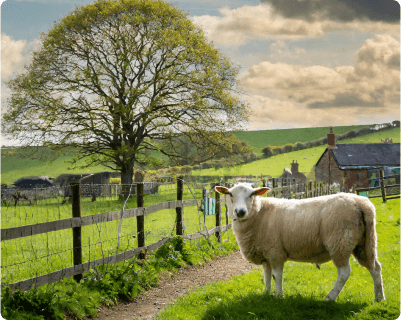

Sign up to our Newsletter
Get important messages straight to your inbox
Read other pages
Copyright 2024 | All rights reserved
